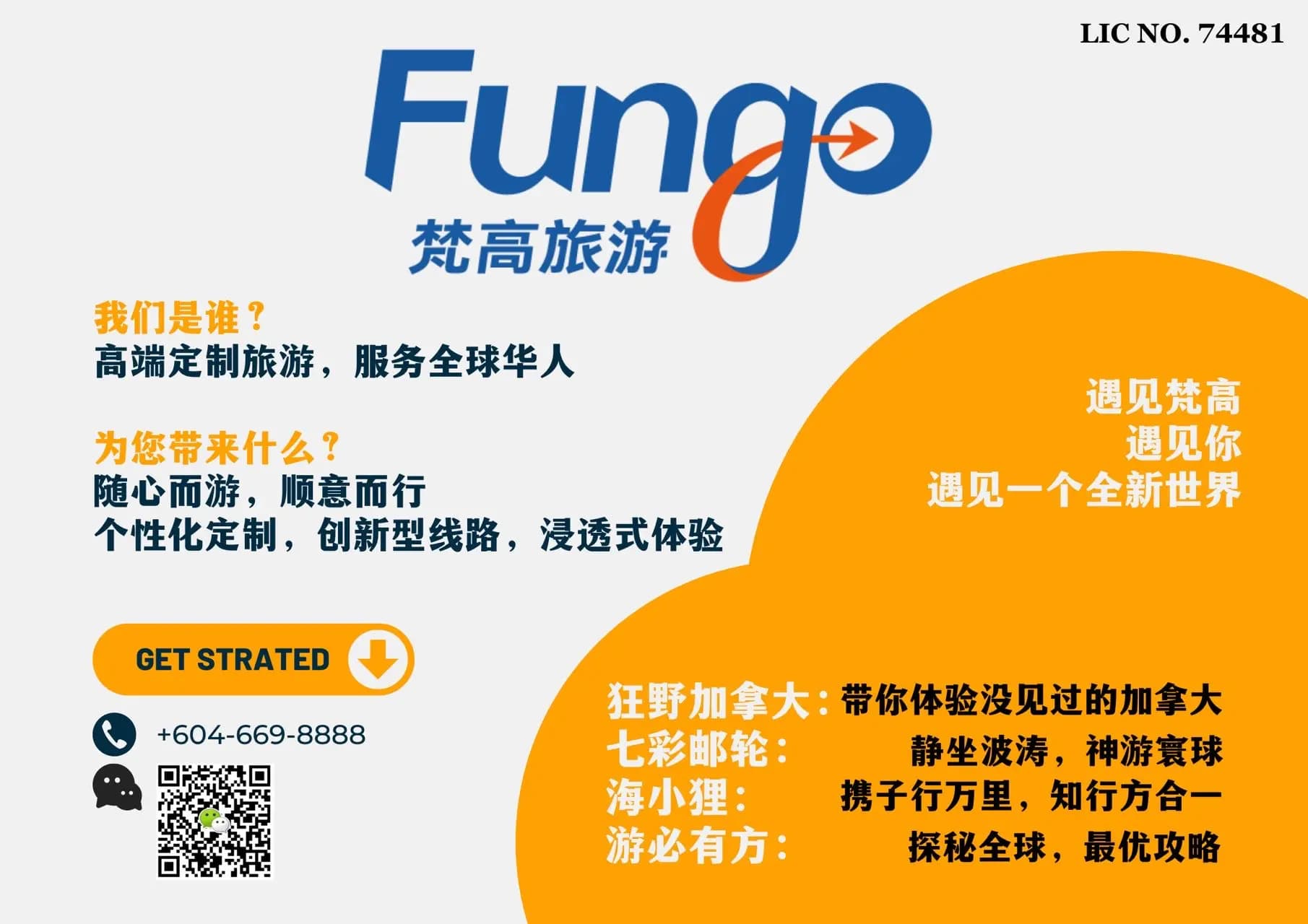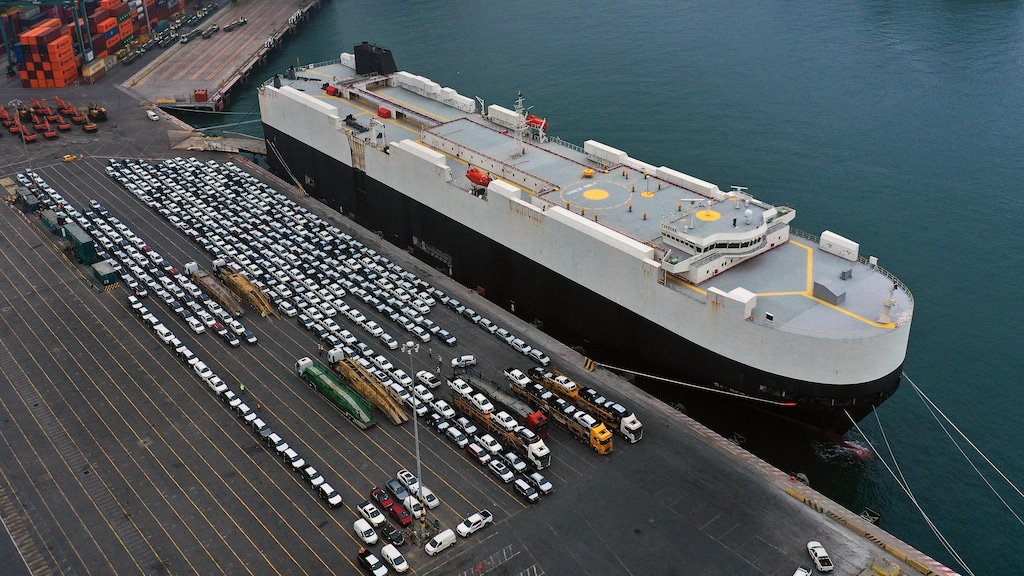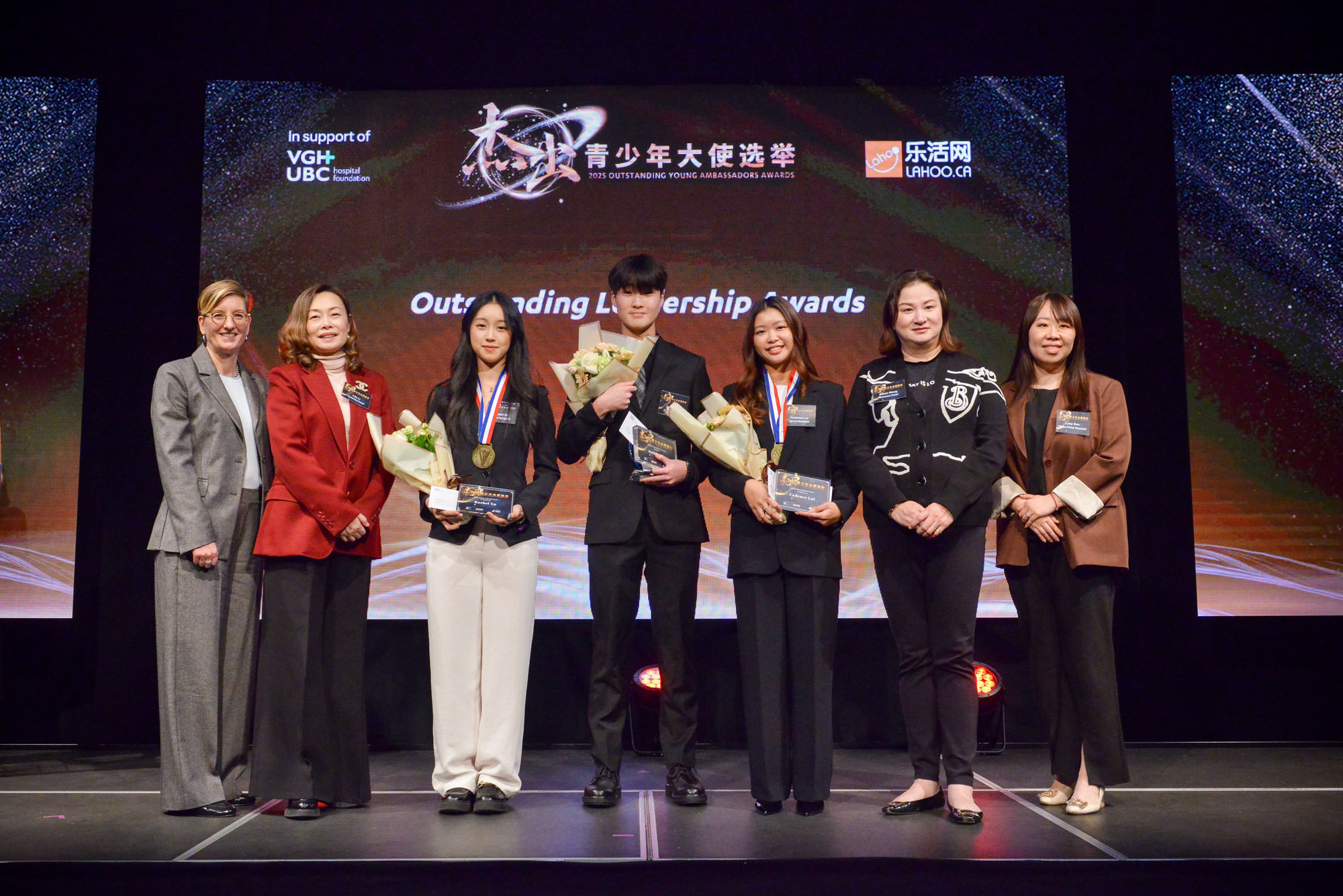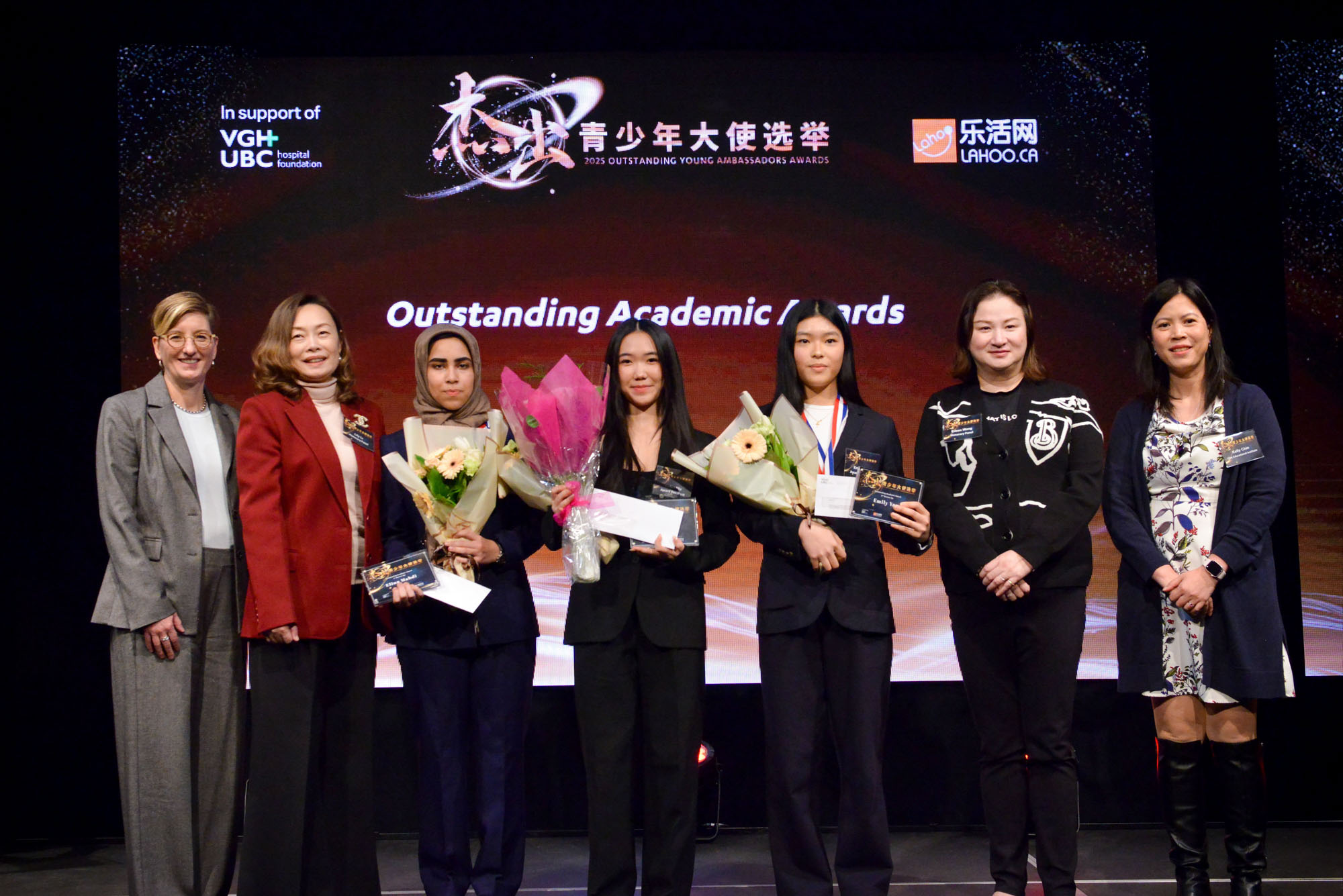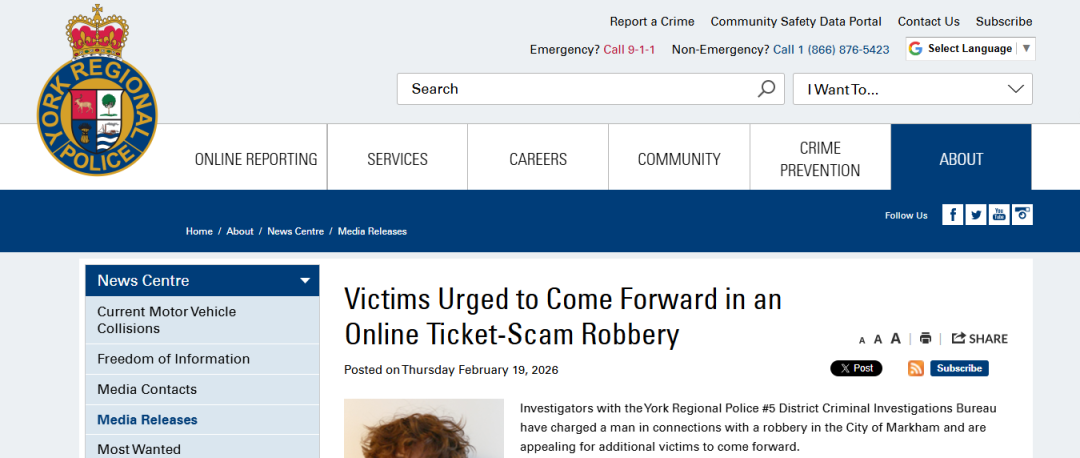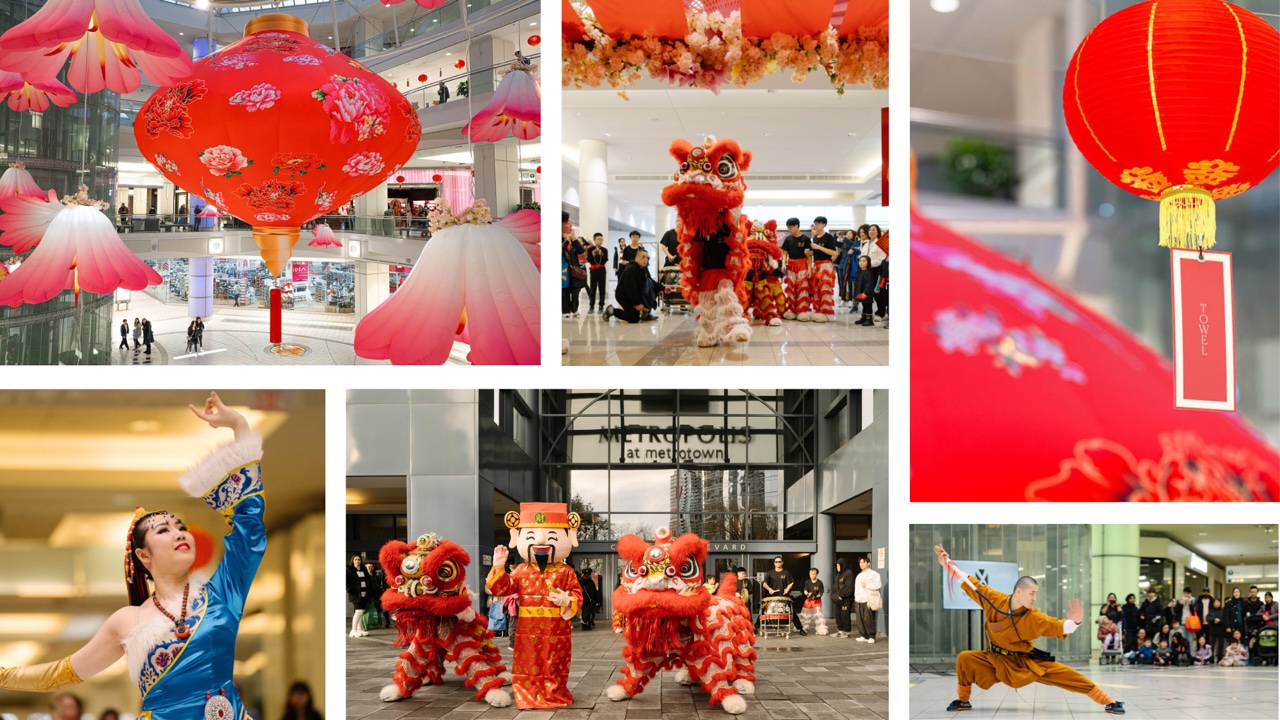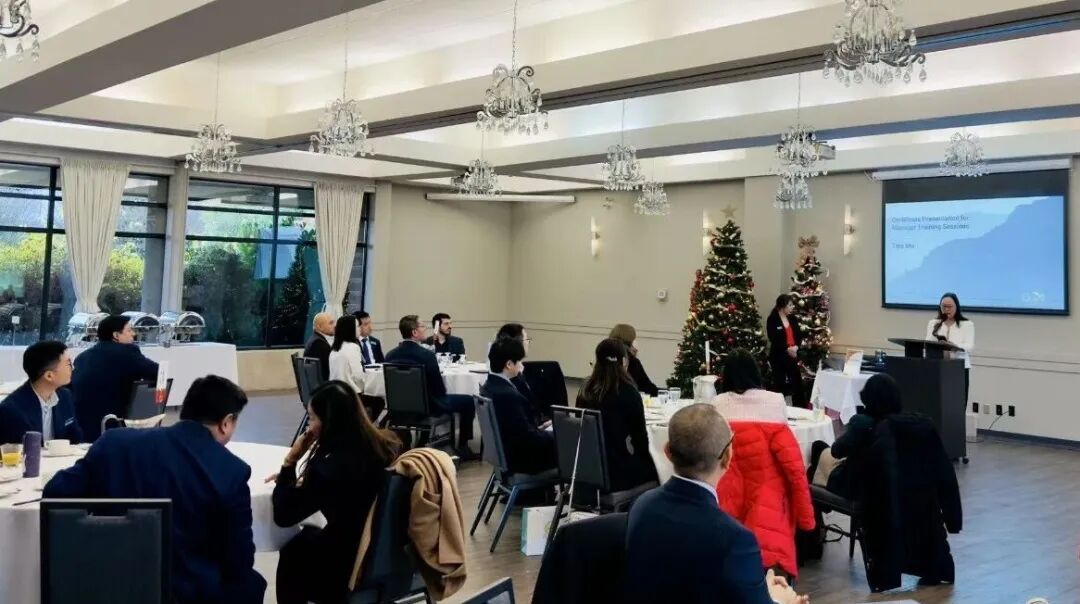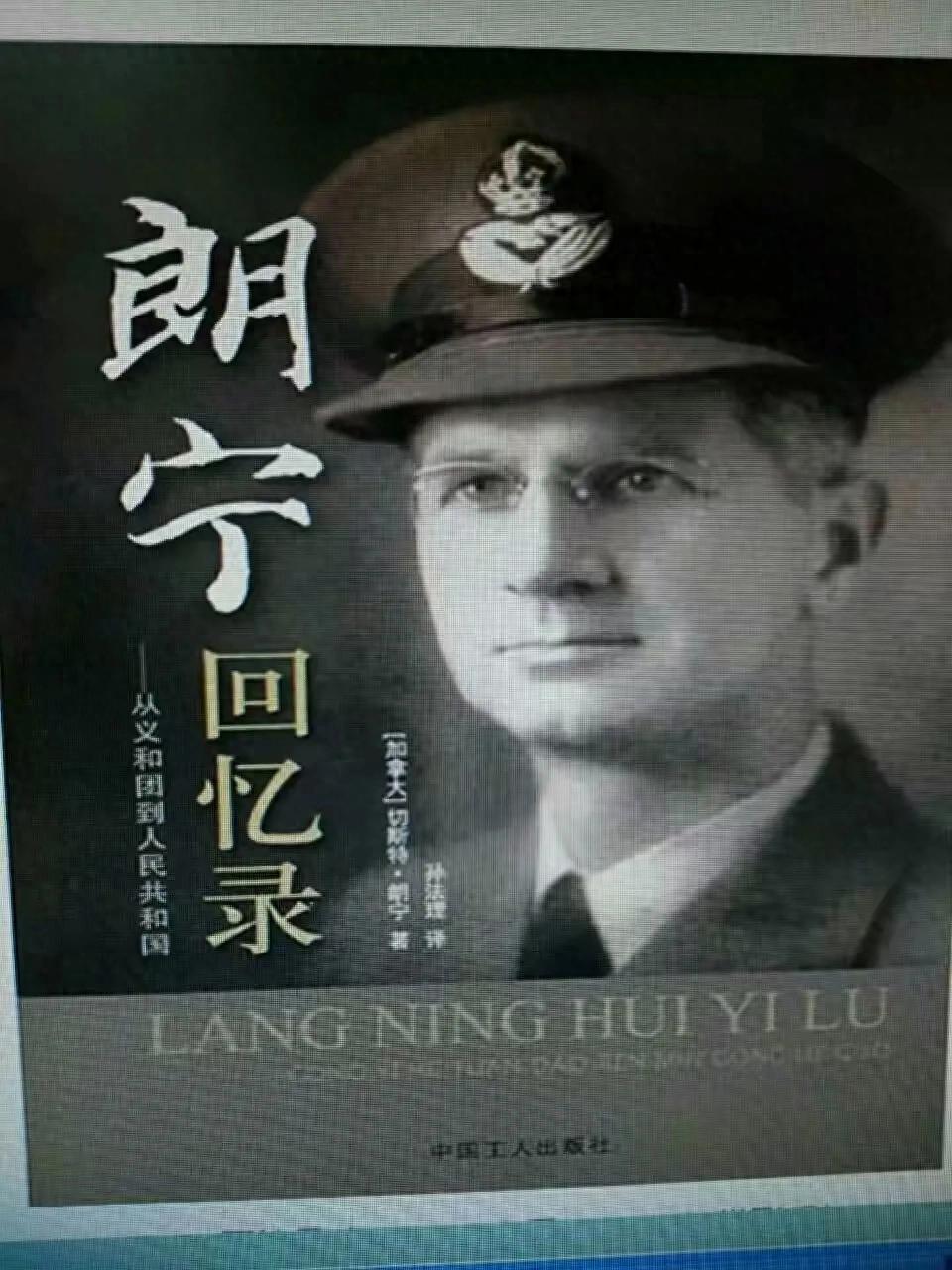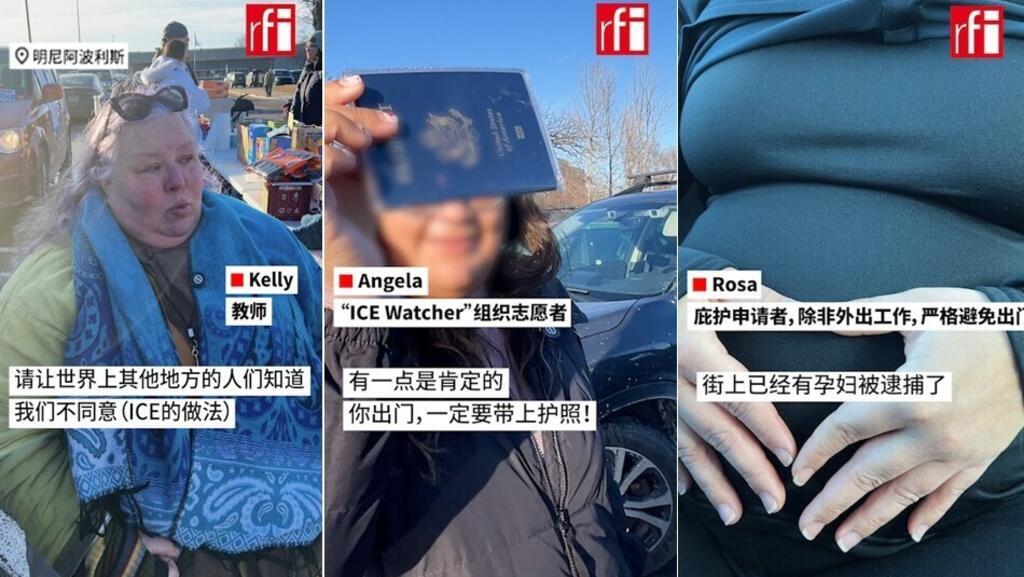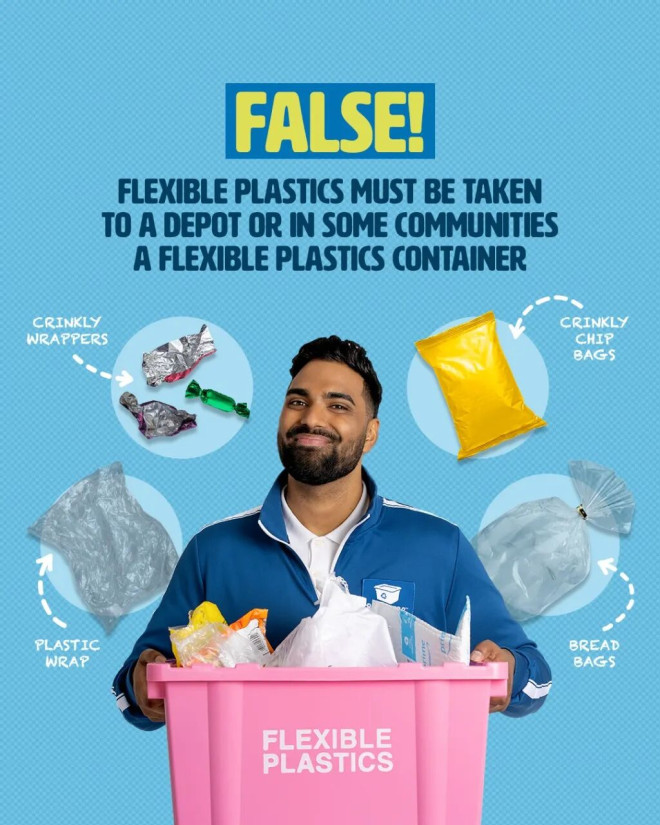
今夏丝可植物奶(Silk Milk)爆发的李斯特菌疫情导致20名加拿大人患病,3人丧生,该丑闻让我震惊不已。和许多忠实消费者一样,我曾坚信每天饮用丝可植物奶是一个健康的饮食习惯。虽然我没像有些病患那样因细菌感染而卧床不起,但在感染高发时期也曾出现恶心和类似流感的症状。事后回想起来,我可能也是在不知情的情况下不幸沦为的细菌受害者之一。
The Silk Milk listeria outbreak this summer, which sickened 20 Canadians and claimed three lives, has shaken me to my core. Like many loyal customers, I believed I was making a healthy choice by consuming Silk Milk daily. While I didn’t become as violently ill as some victims, I recall feeling nauseous and experiencing flu-like symptoms during the height of the outbreak. In hindsight, I may have been among the many Canadians unknowingly impacted by this tragedy.
这次事件之所以令我如此震惊和不安,是因为它动摇了我对加拿大本地食品安全性的毫无保留的信任。作为一名华裔加拿大人,我深知一些进口食品的安全性没有保障,尤其是来自中国的食品,但加拿大的食品安全性举世闻名,这曾对此一直深信不疑。
What makes this exposure particularly unsettling is how it undermined my unwavering trust in Canadian-produced food. As a Chinese Canadian, I’ve been keenly aware of the risks associated with imported foods, particularly those from China. Canada’s reputation for having some of the world’s highest food safety standards gave me a sense of security—until now.
因此多年来,我对食品安全的担忧主要集中在中国进口食品上。2008年中国爆发的三聚氰胺奶粉丑闻至今仍深深印在我的记忆中。这场悲剧中,愈30万人因服用了掺假奶粉而患病,近5.4万名儿童因肾结石和其他并发症住院,6名婴儿不幸丧生。为了降低成本并在检测中呈现高蛋白质含量,乳制品生产商在被稀释的牛奶中添加了三聚氰胺。
For years, my concerns about food safety primarily revolved around Chinese imports. The 2008 melamine milk scandal remains etched in my memory. Over 300,000 people fell ill, nearly 54,000 children were hospitalized with kidney stones and other complications, and six infants tragically lost their lives. Dairy producers, driven by competitive pressures, diluted milk to cut costs and added melamine to artificially boost protein test results.
然而,三聚氰胺事件只是中国食品行业众多安全丑闻中的冰山一角。其他事件如非法回收并销售使用过的植物油的“地沟油”丑闻,以及使用被禁止的添加剂而生产瘦肉的“瘦肉精”事件等都彻底暴露了某些企业为追逐利润而无视公众健康与安全的无良商业行径。此外,在污染水域中养殖的海鲜产品更是进一步加剧了消费者对食品安全的担忧。
This crisis was just one of many systemic failures in China’s food industry. Scandals such as the gutter oil fiasco, where used cooking oil was illegally recycled and resold, and the clenbuterol pork case, where a banned substance was used to produce leaner meat, revealed a troubling disregard for public health in the pursuit of profit. Contaminated seafood, often raised in polluted waters, further compounded the risks faced by consumers.
这些食品安全丑闻的受害者不仅仅限于中国大陆的消费者,作为中国食品主要进口国的加拿大的消费者也遭受影响。2008年,加拿大宠物拥有者就深受其害,他们使用的宠物食品被查含有三聚氰胺,其来源于中国进口的受污染的小麦麸,结果大量宠物患病,甚至因肾衰竭而死亡。加拿大食品检验局(CFIA)因此加强了对进口食品的安全管控,也从境内货架上撤下受污染产品,并加大了检查力度。随着加拿大消费者对进口食品的安全性的担忧不断上升,他们在食品选择上则是更侧重于加国本土生产的或那些值得信赖的国际品牌。
These scandals reached beyond China, affecting countries like Canada, a significant importer of Chinese food products. In 2008, Canadian pet owners were devastated when melamine-contaminated pet food, traced back to tainted wheat gluten imported from China, caused widespread illness and kidney failure in their beloved dogs and cats. In response, the Canadian Food Inspection Agency (CFIA) implemented stricter measures on imports, pulling tainted products from shelves and intensifying inspections. Canadian consumers became increasingly wary of imported foods, turning instead to locally produced or trusted international brands.
和许多消费者一样,在我对丑闻频发国家出口食品安全性担忧的同时,我对加拿大食品安全的信心不断提升。我常常庆幸能生活在加拿大这个食品最安全的国度,但却没想到加拿大食品安全体系中也存在种种漏洞,从丝可植物奶丑闻中可窥见一般。
My growing distrust of food products from scandal-plagued countries only strengthened my confidence in Canadian-made products. I often felt grateful for the peace of mind that came with choosing domestic food—until that trust was shaken by the troubling vulnerabilities in Canada’s own food safety system. .
这次李斯特菌疫情并未涉及任何进口食品,而是源自消费者倍加信赖的本地生产植物奶。加拿大食品检验局(CFIA)依赖计算机算法来决定对何种食品生产和加工企业进行安全检查以及检查频率,而这一算法却主要基于企业自行提供的数据。在这种食品检查机制下,出事的皮克林的植物奶加工厂被算法认定为不需要进行至关重要的安全检查。更令人震惊的是,自2019年以来,该工厂竟从未进行过与李斯特菌相关的检查。
The Listeria outbreak wasn’t caused by imported products but by a locally produced, plant-based milk—one many Canadians trusted implicitly. The CFIA’s reliance on algorithms to assign inspections, along with its heavy dependence on self-reported data from food manufacturers, allowed the Pickering facility responsible for the outbreak to evade meaningful scrutiny. Shockingly, the facility hadn’t been inspected for Listeria since at least 2019.
此外,《环球邮报》的调查显示,加拿大近五分之一的联邦认证的食品生产设施从未接受过加拿大食品检验局(CFIA)的风险评估,并被默认为属于最低风险级别而不用接受安全检查。更令人震惊的是,这次疫情中导致李斯特菌爆发的细菌在一年前就被检测到了,也就是说这一李斯特菌株在CFIA的眼皮子底下得以繁殖、扩散,并最终给更多消费者造成了伤害。
Moreover, a Globe and Mail investigation revealed that nearly one-fifth of Canada’s federally licensed food-production facilities have not been assessed for risk by the Canadian Food Inspection Agency, relying instead on a default low-risk designation. Even more alarmingly, the Listeria responsible for this outbreak was traced back to bacteria first detected a year earlier, indicating that it was allowed to grow, spread, and ultimately harm more consumers—all under the CFIA’s radar.
李斯特植物奶事件暴露出加拿大食品检验局(CFIA)系统的重大失误,令很多加拿大消费者茫然不知所措。对于那些尽量避开进口食品、主要依赖本地产品的消费者而言,这场丑闻严重削弱了他们的信心。当加国生产的食品都无法达到应有的安全标准时,他们又如何能够保持对其食品安全体系的信任,守护心中曾那份曾不可动摇的安全感和信赖?
The outbreak not only exposed significant flaws in the CFIA’s system but also left Canadian consumers in a difficult position. For those who relied on local products to mitigate risks associated with imports, this scandal deeply undermined their confidence. How can we trust our food safety system when even domestically produced goods fail to uphold the high standards we once believed were guaranteed?
丝可植物奶事件对监管机构和消费者而言都是一次警钟。它凸显了加拿大食品检验局(CFIA)进行系统性改革的迫切需求,并确保食品经过严格检查、对数据进行有效核准以及对企业的责任追究。食品安全与清洁的空气和水一样重要——绝不容许有些许的懈怠和放松警惕。
The Silk Milk outbreak serves as a wake-up call for both regulators and consumers. It highlights the pressing need for systemic reform within the CFIA to guarantee rigorous inspections, independent verification of data, and accountability for companies. Food safety is as fundamental as clean air and water—there is simply no room for complacency.
此外,监管的松懈不仅会导致合规问题,还为欺诈行为提供了温床,助长了食品生产商偷工减料的风气,甚至可能为了追求更高利润而故意掺假。对于像我这样的消费者而言,加强监管并确保问责机制的落实,是重建对加拿大食品安全体系信任的关键。这不仅能够保护公众健康,还能有效防止类似中国食品丑闻在加拿大上演。
Furthermore, the absence of rigorous oversight not only undermines compliance but also creates fertile ground for fraudulent practices. This environment enables food producers to cut corners or even deliberately adulterate products in pursuit of higher profits. Strengthening surveillance and ensuring accountability are essential for rebuilding trust in Canada’s food safety system among consumers like me and for preventing the emergence of scandals akin to those seen in China, right here at home.
